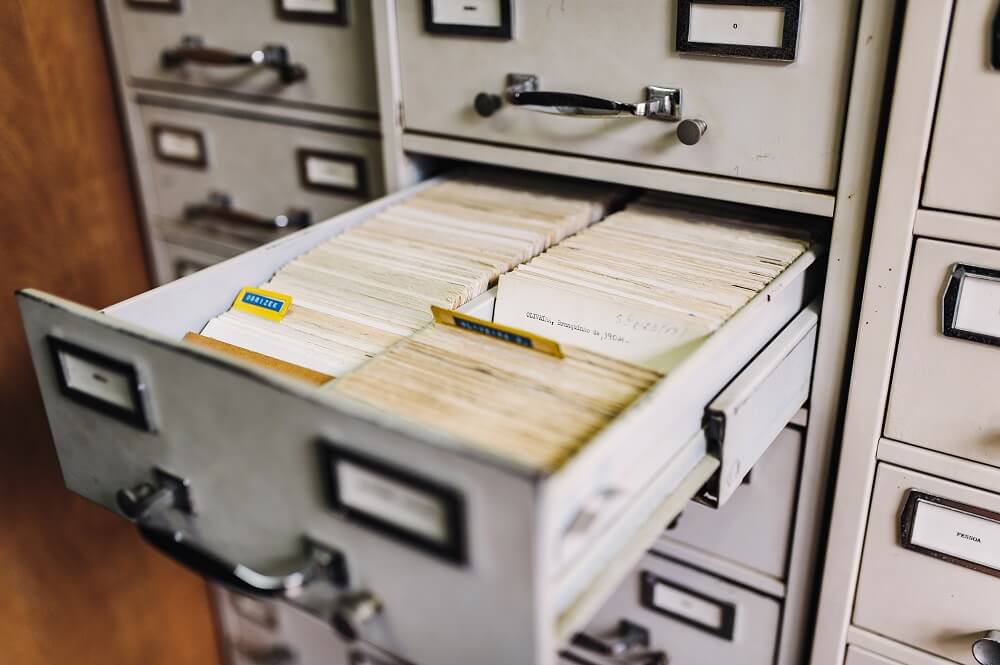
Businesses tend to generate a lot of paper. No matter what industry you work in, paperwork seems to follow, and with paperwork comes the need to organise it. After all, you can’t just leave piles and piles of paper all over your office – you’ll never find anything again! You need some kind of order, and for many business owners, that becomes a filing cabinet. Here are our top tips for keeping your filing cabinet organised all year round.
In order to be able to find things in your filing system at the drop of a hat, you need a system. This system can work however you like, but it should be something that makes sense to both you and everyone else who will need to access the files. So don’t make it too complicated! Instead, choose a simple organisational system that makes sense for the kind of paperwork you generate. A few of the most common systems include filing by:
Once you’ve decided on a system, implement it across both your physical and digital files. This will keep things consistent and make it easier for you to find what you need.
When we say naming conventions, we mean that every file should be named in the same format, so that they can be filed and found easily. This is more relevant to digital files than physical, but you should implement it across both systems. All a naming convention is is a way to describe the contents of a file, and its relation to other files.
Try to make your file names short and descriptive, avoiding any special characters and fill stops. Keep the system consistent across all documentation. For example, all invoices might be named like this:
INV [client name] [date]
This would make it simple to pick out invoices from a pile of paperwork, to find all of the invoices related to that client, or all invoices within a certain date. All of the information you would need is there in the name. If you create different versions of documents (for example if they are being worked on over time), make sure you include version numbers too.
Obviously, there are some documents you have to keep for audit or historic purposes, but these are likely to be few and far between.
There is no point in keeping every single document you create forever. Plenty of them will become obsolete, and at that point they are just taking up space that you may not have. If you can, set an expiration date on documents, or implement a regular review date for someone to go through those files and destroy what isn’t needed anymore. Physical documents should be shredded, and digital files should be thoroughly destroyed. If you don’t want to destroy them, you can always archive the documents instead.
A dedicated archive space is a perfect solution for storing all of those documents that you won’t need access to every day, or even on a regular basis, but you can’t or don’t want to destroy. If it’s just a box or two then a cupboard in the office might work, but for most businesses, it’s a bit more than that. Hiring a small self-storage unit gives you a safe, secure space that only you can access, but won’t be taking up room in your offices. You can even use it for other things too, so you get more for your money.
If you’re a small business owner, the lines between business and personal life might get a bit blurry from time to time. But when it comes to your filing, this is the last thing you want. Make sure you keep a clear separation between business and personal in your filing cabinet – or keep separate cabinets for each if you can! This means you can keep an efficient filing system without having to worry about someone finding holiday snaps in the accounts drawer!
At Blue Box Self Storage, we specialise in providing businesses with cost-effective self-storage solutions. Whatever your need, we have a unit the right size and shape for you. If you’d like to know more, just get in touch with the team today.